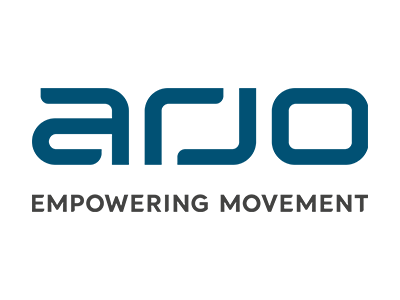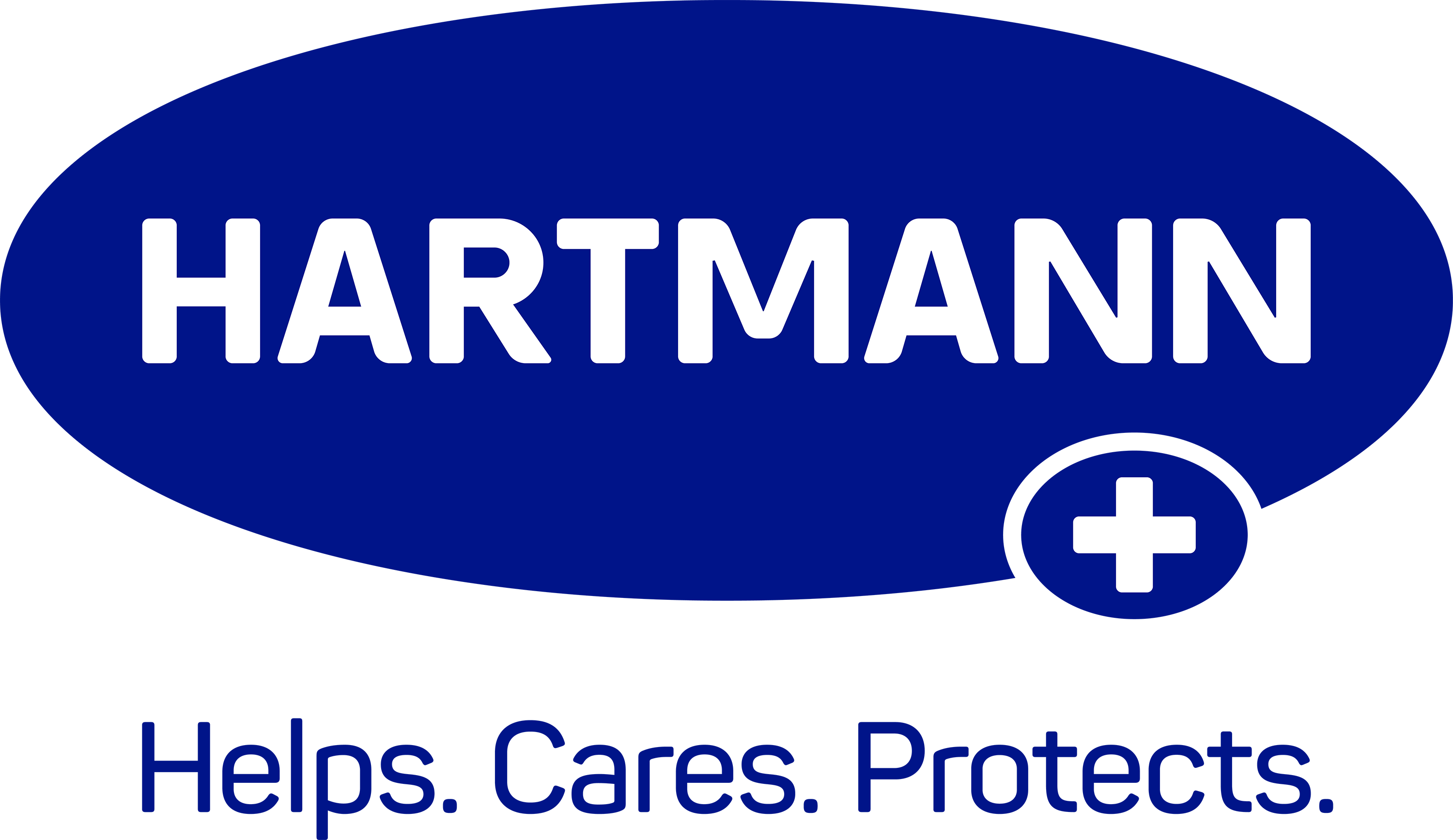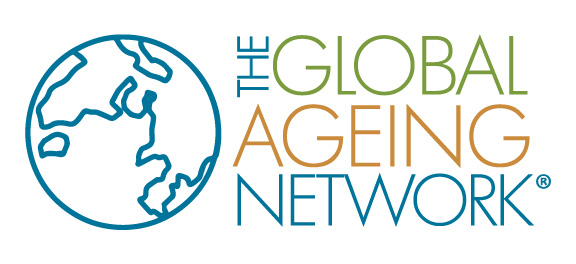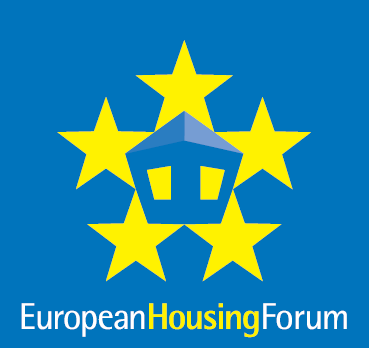About us
 Long-term care is a very important sector in all the European countries. Not only it’s growing very rapidly representing around 5 % of all EU employment but this growth and raising demand is linked with serious problems and great challenges now and in the future.
Long-term care is a very important sector in all the European countries. Not only it’s growing very rapidly representing around 5 % of all EU employment but this growth and raising demand is linked with serious problems and great challenges now and in the future.
One of the biggest successes of last decades is more and more accessible health care, health prevention including vaccination, better nutrition, healthier lifestyles, new medicines, methods, approaches, technologies and even more public spending for health care that resulted worldwide (though not equally) in a great success. We all live longer.
The life expectancy has been increasing for the last 200 years (yet not equally and with some pandemic or war related swings). Along with that progress, the life expectancy in health has been increasing not at the same pace or we could also say significantly slower that the life expectancy rate. This has one simple outcome. We are living longer but at the end of our lives with need help, support, assistance, and care with our activities of daily living (ADL) and instrumental activities of daily living (IADL).
This means that at the end of our lives we need, and we are going to need support, help and care. We will need this help, care, and support to live our lives with dignity, to be respected as human beings thus not care recipient but a client determining the structure and content of the help/care/support. Even though to be respected, treated, and looked after with dignity is one of the fundamental basic rights it’s not that obvious in relatively many countries.
EUROPEAN AGEING NETWORK is there for its members to help and support them in the time of changes, challenges, issues, problems but also new opportunities and approaches.
We try to contribute to some solutions, we disseminate and share good practices, we open discussion about current issues like recruiting and retaining the staff, migrant workers, quality of life (of our clients but also employees), oncoming digitalization of the social sector, detecting taboos and prejudices, finding sustainable funding models, or showing our vision for the future of long-term care.
And we are also raising the qualification and knowledge of managers in the long-term care sector and lastly, we are not only through networking contributing to a better European environment for long-term care providers.
And we have been demonstrating our passion and commitment to these goals in several concrete outputs of our activities.
Jiří Horecký - president of EAN
Executive Board (after April 26, 2023)




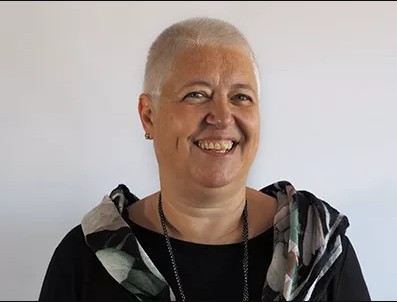




Visions, purpose and tasks of the EAN
The vision of EAN is to improve the quality of life for older persons; support its members in making each day a better day for their clients by providing high quality housing, services and care; establishing good contacts with EU institutions like the relevant Directorates General of the Commission, the Council and the Parliament and its Inter-group on Ageing; becoming a key network for the providers for the ageing sector.
The purpose of the EAN is to promote cooperation between national associations for directors and providers of long-term care services, institutions and organizations or persons associated with/related to the care of the elderly, chronically ill and disabled people and to represent them on a European level.
The tasks of the EAN include:
- working in and counselling organisations and committees active in the area of the social and health care of the elderly, chronically ill and disabled people on a European level
- counselling national associations for directors and providers of long-term care services on questions of residential and day-patient care of the elderly, chronically ill and disabled people
- promoting the exchange of information concerning national developments in the area of social and health care of the elderly, chronically ill and disabled people
- organising international conferences, training programmes and study trips
- Initiating and participating in cross-border projects, notably in the area of long-term care
- developing standard guidelines for the professional training of directors of long-term care services and raising the qualification standards of those directors
- improving the social status of the profession of director of long-term care services
- carrying out public relations work and influencing lawmakers' decisions in the area of long-term care.
Membership fees - from 2025
Basic membership fee per care provider or care related organization:
- Budget <€ 10 Mio/year 500 EUR
- Budget <€ 50 Mio/year 1.000 EUR
- Budget <€ 100 Mio/year 1.500 EUR
- Budget >€ 100 Mio/year 2.500 EUR
Umbrella associations 300 EUR fix plus 3,- EUR per membership organization
Academic institutions 550 EUR
Local and regional governments, cities 500 - 2000 EUR
/Amount to be determined by decision of the Executive Board/
Individual professionals 250 EUR
/Except for employees of care providers, umbrella associations and academic institutions/
Membership fees - from 2024
Basic membership fee per care provider or care related organization:
- Budget <€ 10 Mio/year 500 EUR
- Budget <€ 50 Mio/year 1.000 EUR
- Budget <€ 100 Mio/year 1.500 EUR
- Budget >€ 100 Mio/year 2.500 EUR
Umbrella associations 300 EUR fix plus 3,- EUR per membership organization
Academic institutions 550 EUR
Individual professionals 250 EUR
/Except for employees of care providers, umbrella associations and academic institutions/
Membership fees - 2019-2023
Basic membership fee per care provider or care related organization:
- Budget <€ 50 Mio/year 750 EUR
- Budget >€ 50 Mio/year 1.500 EUR
Umbrella associations 300 EUR fix plus 2,75 EUR per membership organization
Academic institutions 500 EUR
Individual professionals 190 EUR
/Except for employees of care providers, umbrella associations and academic institutions/
EAN documents & publications & materials
EAN Position Paper: New technologies and AI
in European elderly care (10/2025)
Booklet of the EAN (09/2025)
Activity Summary Report 2024 (04/2025)
WHY TO BE A MEMBER of European Ageing Network (04/2025)
ENGLISH version FRENCH version CZECH version ITALIAN version SPANISH version GERMAN version DUTCH version
EAN position paper - Tackling the workforce problems; new ways will open new doors. (09/2024)
Accelerating the Digital Transition - a stepping stone for sustainable elderly care in Europe (05/2024)
EAN position paper - Boosting the digital transition of elderly care in Europe (05/2024)
Taboos and Prejudices in Long-term Care
Promoting well-nutrition in elderly care
ENGLISH version FRENCH version CZECH version SLOVENIAN version CROATIAN version GERMAN version SPANISH version
Long Term Care 2030 vision
ENGLISH version FRENCH version GERMAN version
GAN CALL to Governments 2023
EP 2024 Memorandum
COLLECTION OF PRESENTATIONS from EAN Workfoce summit (April 5th, 2022 in Malmö)
12 key statements - Covid-19 reflections
12 key statements - Covid 19 reflections
Lessons learnt - How to avoid a second Covid-19 disaster in social services
The devastating blow in residential care for elderly in Europe - J. Horecký
The devastating blow in residential care for elderly in Europe
The Value of Human life - J. Horecký
Position paper: COVID-19 and Social Services: what role for the EU?
COVID-19 and Social Services: what role for the EU?
EAN activity report 2020
EUIPO registration
EAN EP2019 Memorandum
Alzheimer Europe Memorandum of Understaning
AE Memorandum of Understanding 
Statutes of the EAN (after GA meeting, Matera, Oct 23, 2019)
The Association was founded in Luxembourg on April 6, 1989 and bears the name "European Association for Directors and Providers of Long-Term Care Services for the Elderly a.s.b.l.".
Due to the merger of E.D.E. and EAHSA, the title of the new entity shall be the European Ageing Network a.s.b.l. (EAN) referred to as "EAN".
Charter and code of professional conduct
Today‘s demographic changes pose massive socio-economic challenges for elderly care services in many European countries. New supranational eff orts and strategies are necessary for elderly and disabled care in the future, to improve the quality of life of the elderly and disabled. To enable the national associations represented by the E.D.E. to actively and proactively infl uence developments, the E.D.E. conveys among other things the following values and standards of conduct for directors:
European Charter of the rights and freedoms of older persons accommodated in homes (Maastricht, 1993)
Code of Professional Conduct (Ljubljana, 2005)

